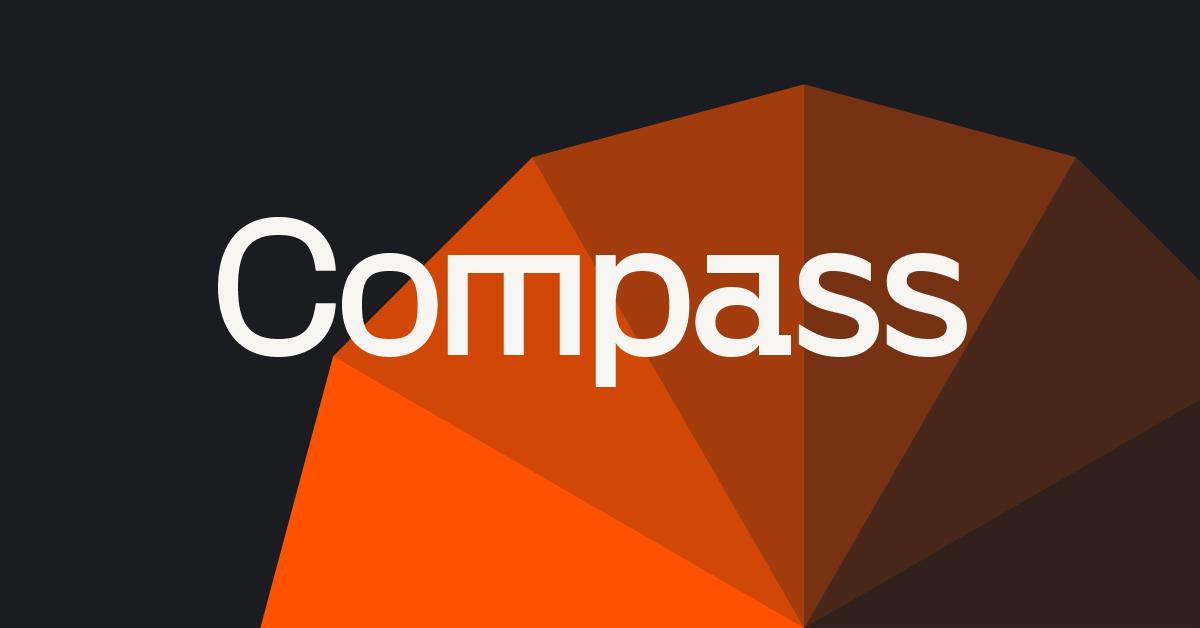Last year, our agency took a hit.
It was March, to be specific, and rain slapped the walkways. It was wet, but not enough to recover the deficit a year before.
Most of us trudged into the office. We hung our dark coats in dark corners. We sat at desks and slipped into software.
The blank screen is every writer’s nightmare. It’s a freshly made bed, or fallen snow, or the virginal seal of an envelope. It’s a block. Writers can be perfectionists, and don’t like to mess it up.
‘You should try ChatGPT,’ Chris, CEO, AI-aficionado said. ‘It’s like magic. It writes content.’
I’d heard about ChatGPT. We all had: the writers. An AI tool that fills the blank page. A piece of software that writes – quicker than we could.
Most of us resisted, in a way that was calcitrant. We were, despite our Apple watches, and coffees from Pret, a set of revolutionaries. Luddites, opposing looms. Carriage drivers, opposing cars. We were – we knew – fighting an inevitable transition to AI in marketing.
The ChatGPT trap
My first encounter with ChatGPT was covert. I sat with it, in my room, and summoned it, genie-like.
‘Tell me about content marketing.’
‘What’s the Microsoft ecosystem?’
‘What is process automation?’
The tool was flawless. It wrote clearly, and sensibly, and – as I broached topics I knew about – was on the money. I snapped the laptop shut, twice. A last gesture of defiance.
‘Great,’ I said.
ChatGPT was an assistant, and a tool – not a usurper. Not yet.
One month later
A month later, ChatGPT was an open tab. It sat, temptingly, next to Word. I wrote less and deferred more. Asked stupid questions; asked things I knew I knew. Self-doubt crept in.
‘Is this good, ChatGPT?’
‘Is this writing good?’
Validation from a robot. I pictured my own bleak future as a writer. Bashing prompts, monkey-like, into a machine. Autonomy, integrity. Gone.
Five months later
Five months later, in hot August, I was using it regularly for my b2b content marketing work.. ChatGPT was an assistant, and a tool – not a usurper. Not yet.
I slipped into it, like an old swimming suit. Conscious, to some extent, that I was exposed. Confident enough in my own abilities – to weave AI-generated content in, to use it for blog outlines, and social posts, and to generate a table. It can do this, fast: tables. It can help populate a PowerPoint deck, too. Since I still write the good stuff – the meat – I don’t mind so much.
AI creeps in
Elsewhere, in the agency, designers were using it. AI tools, like Midjourney, can generate images from written prompts. This is, perhaps, more incredible than AI’d copy. A string of words is, to an extent, predictable. ChatGPT works by predicting the next word. AI-driven imagery is creative, and novel.
‘The marketing agency is dead,’ Barnaby, Head of Strategy, said. ‘What we do now – content, design - the clock is ticking.’
Our company logo is, suitably, a clock timer. It’s stamped on our walls, and drink coasters, and stickers on laptops. For a while, it seemed to mock us. The pop-orange timer looks like a tongue.
We arrived at work, and spent a proportion of time with AI, and went home, hands in pockets.
‘I’ll be a dancer,’ I said faintly. ‘Or learn to cook.’
‘I’ll - I’ll wash windows,’ Stephen, Head of Content said. ‘Can AI do that?’
LinkedIn, Instagram, and every other social channel was awash with AI. The world was awash with AI. There was an encroaching tidal wave.
‘The agency is dead,’ said Chris, ‘So we have to adapt.’. And we are, for example check out our AI tools for sales and marketing.
Our own AI tool: Compass
In November, Chris built Compass. It was cold, and the wind was shrill. It battered our office.
We gathered around the new AI marketing software, as if around a fire.
‘It’s like ChatGPT,’ he said, ‘But just for marketing. Specially for marketing.’
Compass is like an upgraded version of ChatGPT. It can generate content that’s bespoke for our clients. Since ChatGPT is trained on a broad dataset, it also generates content that is broad. It can’t, for example, write a blog in a client’s nuanced tone of voice without a lot prompting and direction.
Compass is different. It’s trained on inside agency knowledge; on ten years of technology marketing expertise. A decade of domain knowledge.
‘Look,’ Chris showed us. ‘Put in the client’s brand guidelines. Put in the blogs we’ve written so far. Compass can learn from all of this.’
It’s not perfect yet. But it’s a step forward in what will be an upward trajectory. We predict two years. This is two years until marketers rely on software, instead of agencies. Two years until the marketing industry pivots, unequivocally, towards AI-powered tools. And doesn’t look back.
Where are we now?
It’s July now. Rain still splatters outside.
London is sodden, but inside we are building. Fifty Five and Five’s content corpus is strong, and Compass can synthesise all of it. Chris is fine-tuning the tool. We’ve had buy-in from several clients, and we’re making sure that the software is truly useful, and appropriate, for clients across our roster.
The agency, in its traditional format, is dead. Two years from now, I will be populating a document with AI-generated content and putting my own spin – and it’s a good spin – on AI-generated words.
This blog was written by me. The next will be too, and the next fifty – also me. At blog two hundred: ask me again.
Or ask Compass.
Compass is the future of marketing
AI-powered SaaS application trained on all things marketing, specialised to help you scale ABM campaigns. Learn more about Compass today.


